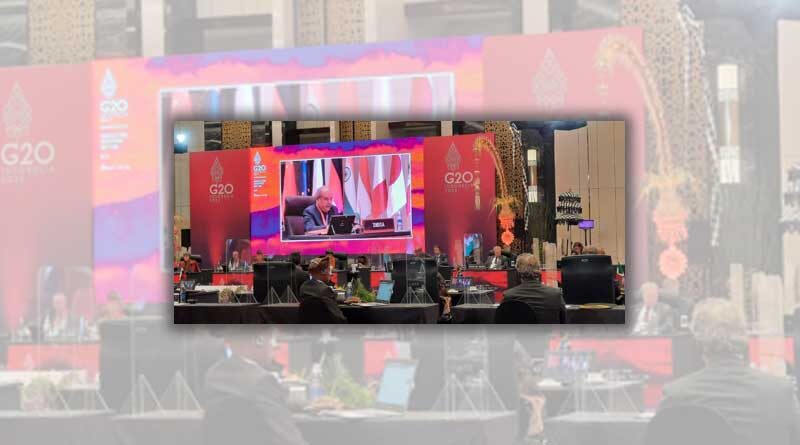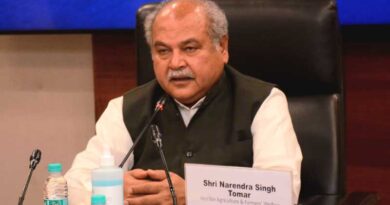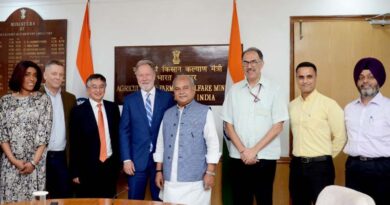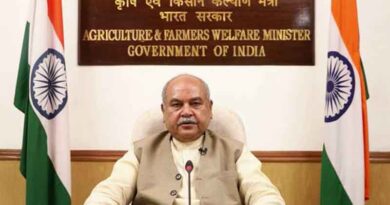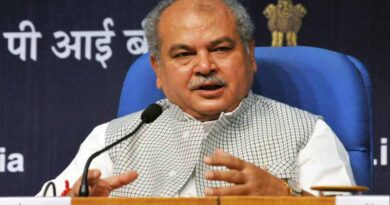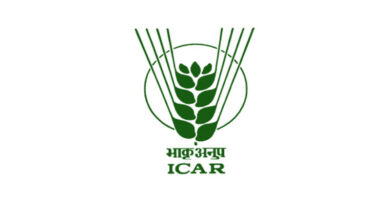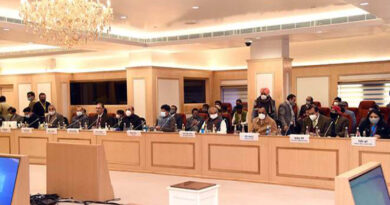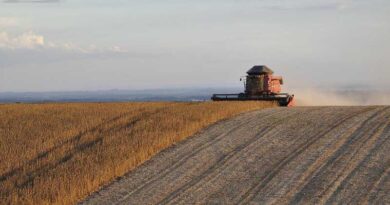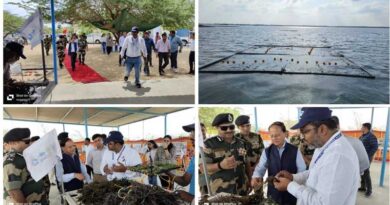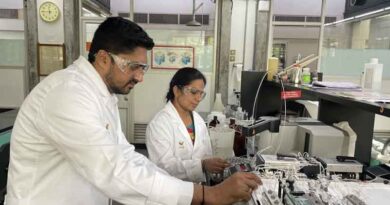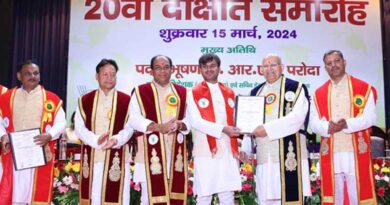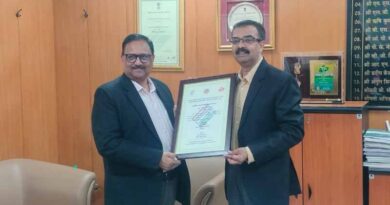Government of India committed to the benefit of small and marginal farmers – Union Agriculture Minister at G20
29 September 2022, New Delhi: Union Minister of Agriculture and Farmers Welfare, Mr. Narendra Singh Tomar, presenting India’s point of view, addressed various sessions at the G-20 meeting in Bali, Indonesia today. Mr. Tomar said that Government of India is addressing the sustainability challenges facing agriculture and food systems and several important initiatives have been taken to address these issues. He said that the Government of India is committed to the benefit of small and marginal farmers and many important schemes are being run for their welfare.
During the G-20 meeting, on the subject of building friendly and sustainable agriculture and food systems, Mr. Tomar said that India will enable farmers to respond to current and future crises by improving their access to inputs, technology and markets.
India is committed to further the economic well-being of its farmers by organizing small and marginal farmers into groups, promoting agri-startups and investments in agricultural infrastructure, launching the world’s largest crop insurance programme and conducting various activities like facilitating digitization of agriculture. The Innovation in Adaptive Agriculture Project has been launched at the national level, with an aim to develop climate-smart farming practices.
To benefit farmers through development of climate resilient varieties of various crops, Mr. Tomar said that India is promoting millet cultivation considering millet’s tolerance towards harsh climatic conditions as well as their nutritional value.
Recognizing these properties of millet, the United Nations has declared the year 2023 as the International Year of Millets on the proposal of India.
He further said, “Let us all work together to ensure adequate income to our small and marginal farmers. Together we have to harness traditional knowledge and share emerging technologies and best practices. It has to be strengthened and an enabling policy environment has to be created to transform the agricultural ecosystem. An open, efficient and transparent agriculture sector is necessary to ensure availability and affordable food for all.”
Mr. Tomar said that we should also find solutions to the food security needs of the big nations that feed large populations and they should consider in their policies and programmes the issues such as the public distribution system of developing countries like India. This includes policies such as procuring food grains at the Minimum Support Price, supply and storage through the PDS system that addresses uncertainties and checks hoarding by middlemen, besides providing a reliable system to help raise the productivity of farmers and provide them a market and ensure affordable food to its citizens.
Developing countries should be provided aid such as equipment, technologies and experts so that they can contribute to the food security of other vulnerable regions of the world as well as become self-reliant to be able to produce enough food. In order to provide better livelihood to the small and marginal farmers who feed the world, it is essential to enhance the nutrition-sensitive social security schemes, introduce new technologies and promote the efficient use of fertilizers and investment in sustainable food and nutrition security through programmes to strengthen the food systems. Ensuring food security, availability and affordability around the world is an important objective for which we should strive. It should be ensured that agricultural trade provides equal opportunities to all nations, especially the developing countries, and to the large number of small and marginal farmers.
In the concluding session Mr. Tomar said that India has been advocating the values of living in harmony with nature since ancient times and has initiated the ‘Mission Life’ to bring individual practices to the forefront of the Global Climate Action Narrative. Mission Life is a scheme to draw the benefits of the capabilities of the social network affecting the social norms surrounding the climate. The Mission plans to create and nurture a global network of individuals, i.e. ‘Pro-Planet People’ (P3), who have access to an ecofriendly lifestyle and a shared commitment to promote it. Through the P3 community, the mission seeks to create and reinforce a self-reliant ecosystem that is environment friendly.
Mr. Tomar said that the G-20 countries need to pay attention to the various areas of sustainable systems. We have to use emerging digital tools to make farming easier in G20 countries and around the world. We should use technologies and enable the small and marginal farmers, especially farmers from the developing countries, to participate in the global supply chains. Efforts should also be made to integrate the formal scientific knowledge and solutions built on indigenous knowledge systems, so that the rural populations are protected against risks due to climate change and sustainable incomes can be generated, thereby reducing poverty at the family level and ensuring there is no hunger anywhere.
(For Latest Agriculture News & Updates, follow Krishak Jagat on Google News)

